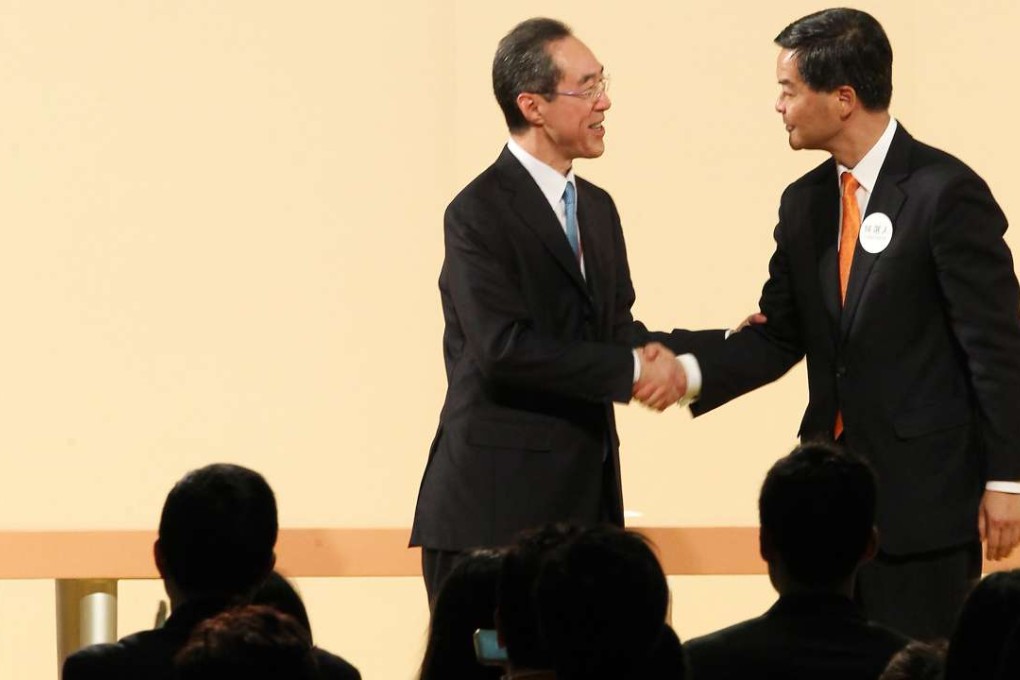Don’t expect Beijing to heed public opinion in Hong Kong’s chief executive election
John Chan says no candidate for the post, however popular, can stand for election without the central government’s say-so, and the events in Tiananmen Square in 1989 should have taught people that popular sentiment matters little

On May 16,1989, as over 200,000 students demonstrated in Tiananmen Square outside the Great Hall of the People, Communist Party general secretary Zhao Ziyang (趙紫陽) met the visiting president of the Soviet Union, Mikhail Gorbachev.
At the meeting, Zhao revealed to Gorbachev what was considered a state and party secret, that although Deng Xiaoping ( 鄧小平 ) had stepped down from the party’s Central Committee and the Politburo Standing Committee in 1987, he was still the de facto paramount leader as, “on important matters” Deng “still steers the way”.

Documents from reformist icon Zhao Ziyang give rare insight into China at crossroads
Zhao’s words, said in front of TV cameras, were seen as an attempt to shift the blame for the month-long mishandling of the students’ protests to Deng’s dictatorship. It seriously undermined the legitimacy of the ruling party.
Three days later, hardline premier Li Peng (李鵬) declared martial law and imposed a curfew in Beijing, prompting angry marches by over a million protesters both in Beijing and Hong Kong in late May, demanding the removal of Li.


